Does Ceramic Coating protect against UV radiation?
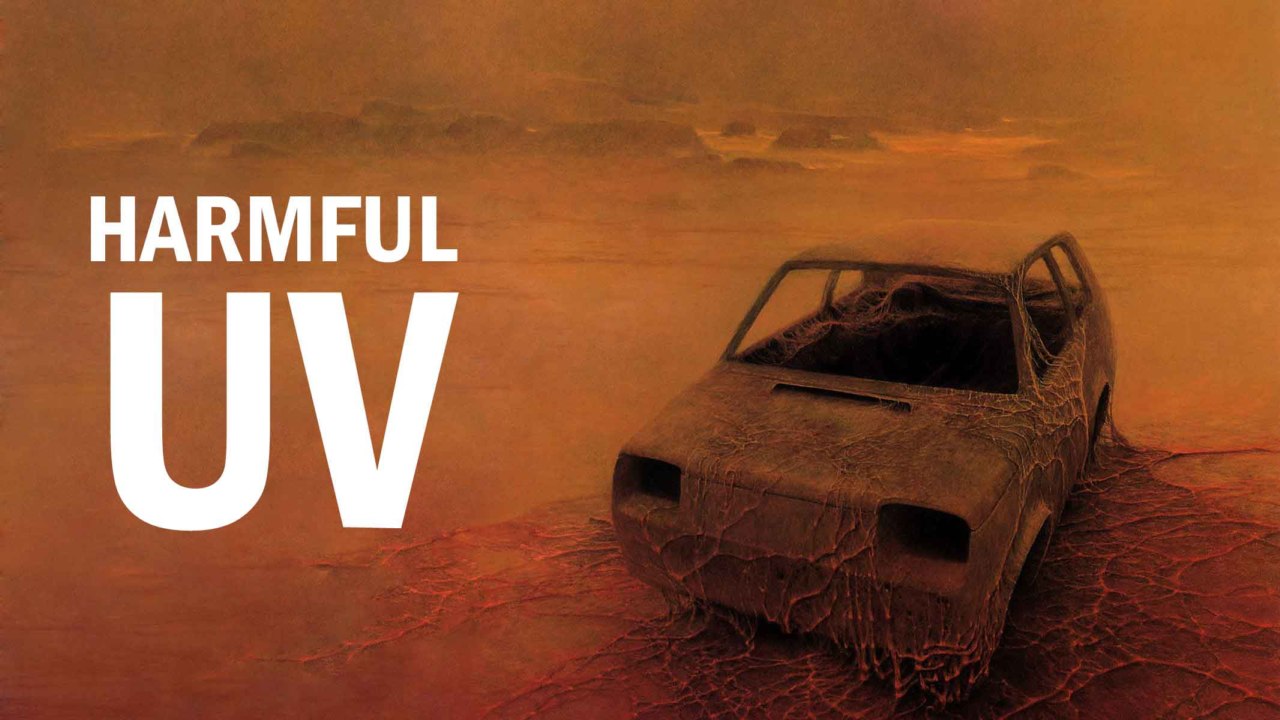
Ultra-violet radiation continually beats down on your car, ceramic coating is touted as a solution, but do they offer any real protection?
The short answer to this question is that ceramic coatings do protect your car from UV damage.
However, there appears to be some misconceptions about the role ultraviolet light damages your car's paintwork, and exactly how ceramic coatings guard against this.
Hopefully, I can clear up some of these misconceptions and tell you why you should probably stop worrying about UV damage.
The misconception is that UV damages cars by burning surfaces with harmful rays, and that a ceramic coating, being a clear, glass-like coating, can filter out these harmful rays much like a pair of sun glasses. But that's not really what is going on here.
The problem of UV
Those of us of a certain age will remember seeing red Post Office vans that had turned pink or had a milky haze over them. Occasionally, you still see them around, but it wasn't just commercial vehicles. Vauxhalls were notorious for going pink, as were some makes of Japanese cars. This is obviously a problem we wish to avoid.
So, what was going on here? Was it the sun's death rays burning away the colour? In part, it is, UV radiation can break down red paintwork on its own because red is at the opposite end of the colour spectrum than ultra-violet, so it absorbs a lot of it. Heat will also break down paint, but that is not what is doing the majority of the damage.
The truth is, the colour was bleached the same way you would bleach a tea towel. I won't give a chemistry lesson, but essentially, it is an oxidization process caused by the transfer of electrons. In layman's terms, the chemicals in the bleach, steal electrons from the substance you are bleaching, chemically changing it. Usually, this means breaking down the bonds in the pigment, making it unable to absorb or reflect light in the same way it did.
In case you are wondering, yes, oxidation is corrosion or rust.
You probably know that if you really want to give a tea towel a good bleaching, do it with bleach and hot water. By adding heat, it energized the chemical reaction, speeding it up and making it more vigorous.
When a car gets oxidized, it isn't the UV that is doing it, it is largely ozone which is the oxidizing agent. Ozone is an unstable form of oxygen, think of it as bleach floating around in the air.
You may also remember from that flap we had a few years ago over the ozone layer that ozone is really good at absorbing UV radiation. When it does, it becomes energetic, so this is a lot like adding hot water to bleach.
How do we solve the problem of UV damage?
The good news is, the car industry has already solved it by and large, which is why you seldom see cars these days that are faded pink.
The problem with old Bedford, Vauxhall and Honda cars was that the style of paint they used was solid base. This means the red paint was exposed to the air, where the ozone and other nasties can get at it.
These days, almost all vehicles are painted with clear-over-base, where only a thin layer of the colour is applied, but it is coated with a tough lacquer which is less prone to oxidation. There have also been advances in paint technology which mean more stable colour pigments and more effective UV inhibitors.
So, there you have it, your car's paintwork already has UV protection right from the factory, and it's pretty good!
UV damage to plastic headlights
You may have seen plastic headlights go hazy, milky or become stained yellow. This is the same problem as already discussed. Headlights can become damaged or discoloured by reacting with pollutants in the air, which is speeded up by sunlight adding energy to the chemical reaction.
Obviously, these aren't coated with lacquer, which is why faded pink cars are largely a thing of the past, but milky headlights are still a common problem. We repolish a lot of them, and when we do, we coat them in ceramic.
How do Ceramic Coatings help?
Ceramic is largely inert, meaning it doesn't react with other chemicals. It isn't completely inert, and ceramic coatings are not pure ceramic, and so over time there will be some oxidation, but on the whole they are a lot less reactive than paint or plastic.
Coating surfaces with a ceramic coating will reduce the effects of UV combined with other airborne pollutants. This means that neither your paintwork nor headlights will get that slightly hazy finish.
Do ceramic coatings filter out UV light? Honestly, we don't know. The manufacturers all say they help with UV protection, but they don't expand on that, and we certainly haven't seen any data. On the one hand, silica (which is the ceramic in a ceramic coating) doesn't filter out UV, and it is going on very thin. On the other hand, it is held on your car by resins which, we assume, are very UV stable; otherwise they would disintegrate, and the product would fall off your car. So, it is likely that it can filter out UV light, but largely irrelevant because its true value is as an inert substance resistant to oxidization.
Other effects of UV
Ultra-violet in combination with ozone can effect rubber, causing it to crack and split. Most people will wear through the tread on their tires before this ever becomes an issue, but if you are an exceptional driver like me, you may find you suffer from cracked side walls of your tires.
Rubbers on cars usually contain carbon black, which is why your tires are black, and helps to retard the effects of UV degradation. If your car does low mileage or is left to sit for a long time, you will notice the tires turn grey as the carbon oxidizes. Making sure the car gets a good run now and again is essential, but a tire dressing will also help. If your tires are black, they are healthy.
You may also find that rubber trim can degrade or crack. Otherwise, it will become less supple, compressed and stop doing its job of forming a tight seal and keeping water out. There are rubber revivers that can help keep rubbers supple, but these are relatively expensive, and it is a bit of an ask to expect car owners to regularly treat their door and window seals. With that said, it might be well worth the effort once your car gets to about eight years old, especially if you have a convertible.
A far greater issue, and one that could prove costly to repair, is the problem of faded interiors. You might not be surprised to hear this is a greater problem if you have red carpets on your Rolls-Royce, as these are prone to fading, but even cream leather can become faded. The dashboard can become baked and begin to perish, which is not a major problem because most cars get scrapped before this ever becomes an issue, but on classic cars is a real headache.
While there are coatings and conditioners which can help protect leather, the best protection is good quality glass with UV inhibitors, or failing that, a window tint film. Even so, if you want to protect your red interior from fading over the long term, it might be best to keep it garaged.
In conclusion
We should hardly need reminding that it rains for eleven months of the year in the UK, and the fiery ball in the sky is not the biggest problem we face as car owners. If you live in Ankara or Albuquerque, ultraviolet might be more of an issue, in which case I recommend getting a ceramic coating as it will help, but park your car undercover, but not a care cover as they are more trouble than they are worth.
For the rest of us, we don't really need to worry about fading any more and paint surface oxidation is a minor issue which can be prevented with wax or solved with polish. A ceramic coating will protect against UV, but this may be the least of its many benefits.

by Danny Argent
Won a bet for mentioning Albuquerque.
Related Blogs
Here are some more of our latest #CeramicCoatings blogs
New Again Now Accredited to Apply Fireball Ceramic Coatings
We are proud to announce that after many years of applying Fireball ceramic coatings with the blessing of Fireball Korea, we are now officially accredited to apply their entire range of professional coatings in the UK!
Read ArticleWhat are the drawbacks of a ceramic coating on a car?
There are many benefits of ceramic coatings, but what are disadvantages of ceramic coating?
Read ArticleHow long do ceramic coatings REALLY last?
Ceramic coatings last between 3 and 10 years. At least that's what the Guarantee says. Do they really last that long, or do they last even longer?
Read ArticleEffortless Car Care: The Easy Maintenance Benefits of Ceramic Coating
The biggest benefit of ceramic coating is that it makes car maintenance much easier. So much easier that it has revolutionized car care.
Read ArticleShould you detail a new car?
Does it even make any sense to detail a new car that is fresh out of the showroom? You might be surprised by the answer.
Read ArticleCan you ceramic coat windscreens?
Yes you can! Some people love it and ask us to do it. But other's hate it, and that's why we don't do it as standard when we ceramic coat glass.
Read ArticleHow much should a ceramic coating cost?
Typically, somewhere between £400 on a small new car, and £2000 on an older large vehicle. There are several questions that need to be answered before nailing this down.
Read ArticleCar Paint Protection De-Fuddled
There seems to be some confusion about different kinds of paint protection, in this article we'll give you an overview of all of them.
Read ArticleIs a Ceramic Coating Worth it?
Ceramic coatings are expensive, there's no getting away from that. So the question has to be asked, are they worth the money?
Read ArticleWhy are ceramic coatings so expensive?
Is it because they are magical, high-tech potions, made with unicorn ingredients and created by highly paid boffins in long-drawn-out chemical processes?
Read ArticleCeramic Coatings: The Definitive Guide
Ceramic coating is the latest and best thing, but it can cause confusion. In this guide, we answer questions and misconceptions about ceramic sealants.
Read ArticleWhy do people love shiny cars?
Why do we love shiny cars? Having been in thousands and thousands of shiny cars over the years, I think I can finally put this thing to rest.
Read ArticleReasons why you should use paint protection
We are a business that specialises in pre-lease car return inspections. When people give their lease cars back, there are often charges for damage.
Read Article
Can We Help You?
"We can offer specialist advice on the best car service to suit your requirements"
When bringing your car to New Again, we often ask you to explain exactly the reason for having your car Protected, Valeted or Repaired. Once we understand exactly what it is you are trying to achieve, we will appraise your vehicle using our detailed appraisal check-sheet allowing us to identify areas of concern and tailor specific services that match your requirements and budget.
If you are not sure what service you need and would like to speak to one of our technicians, simply request a callback by filling in the form on our contact page.


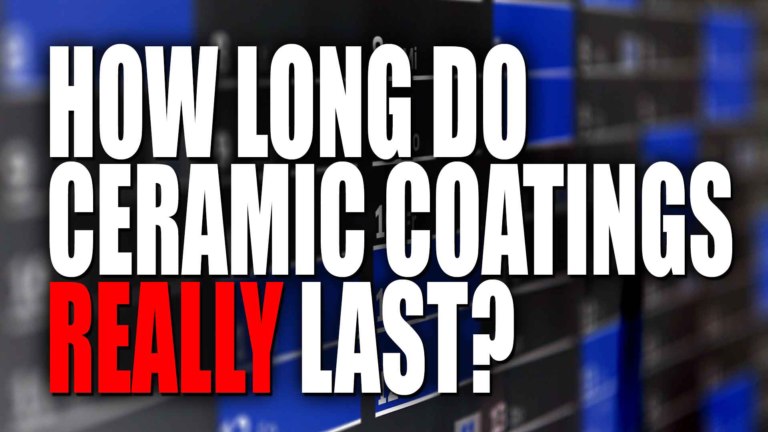
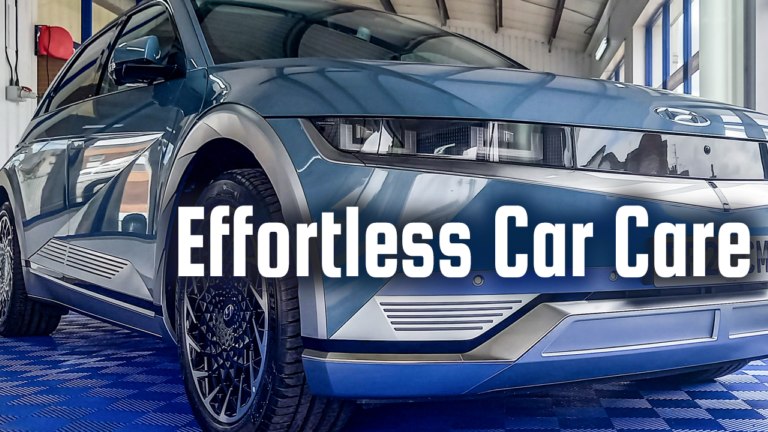
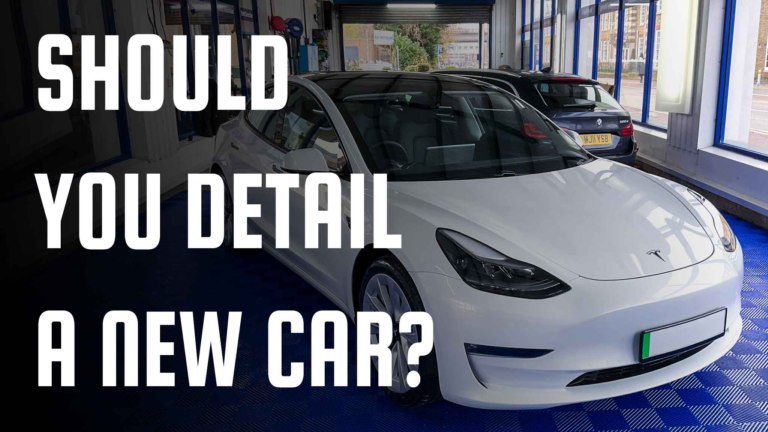
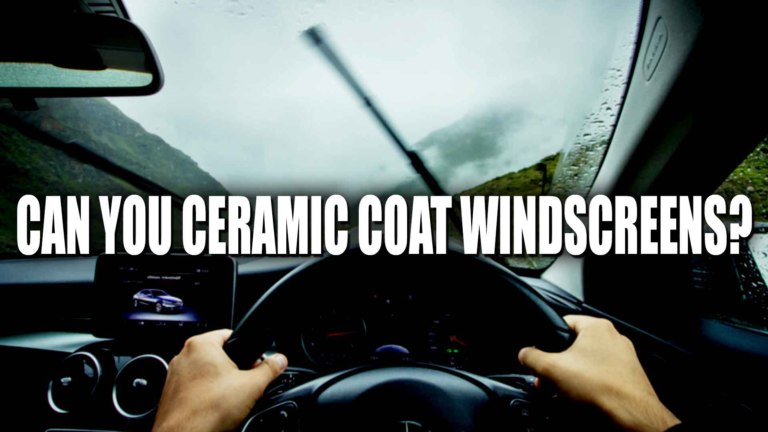
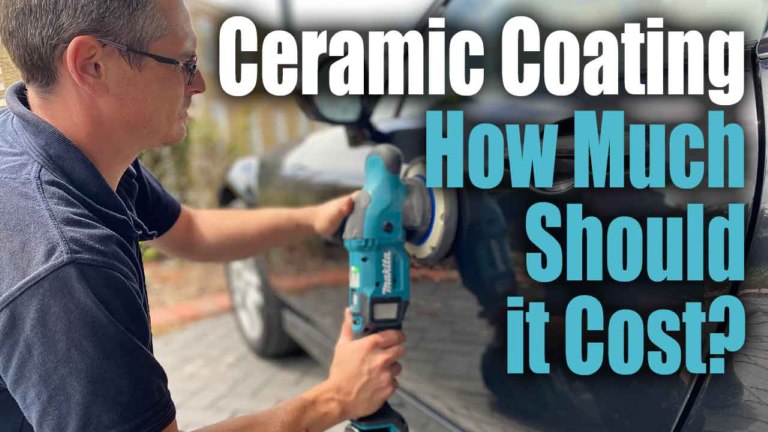
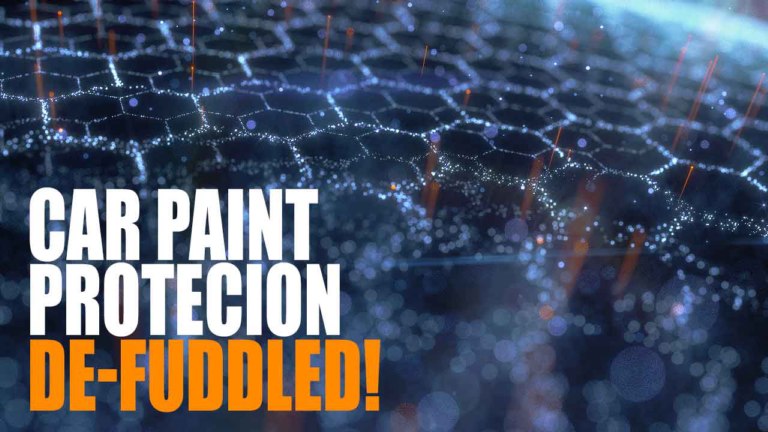
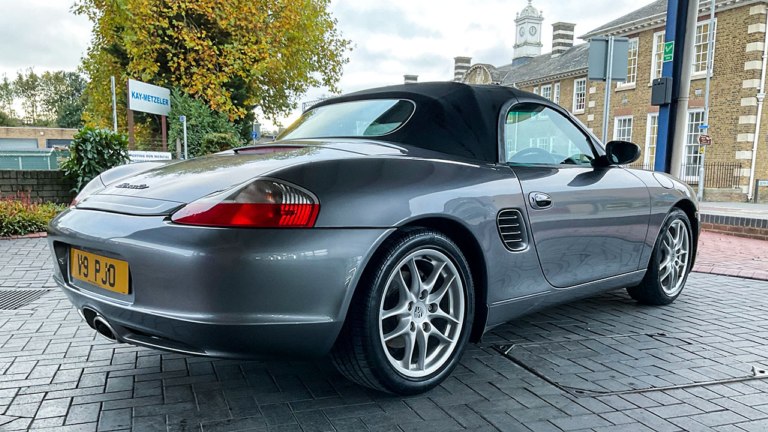
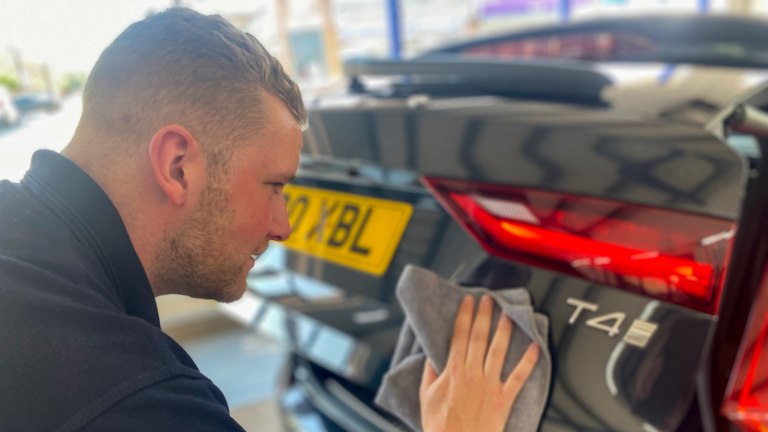

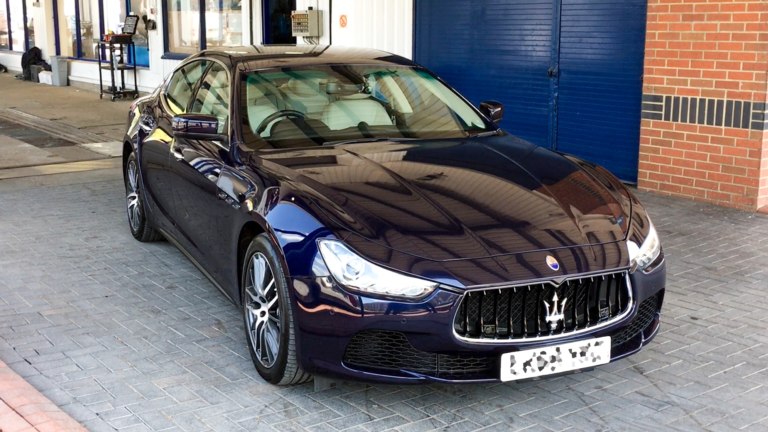
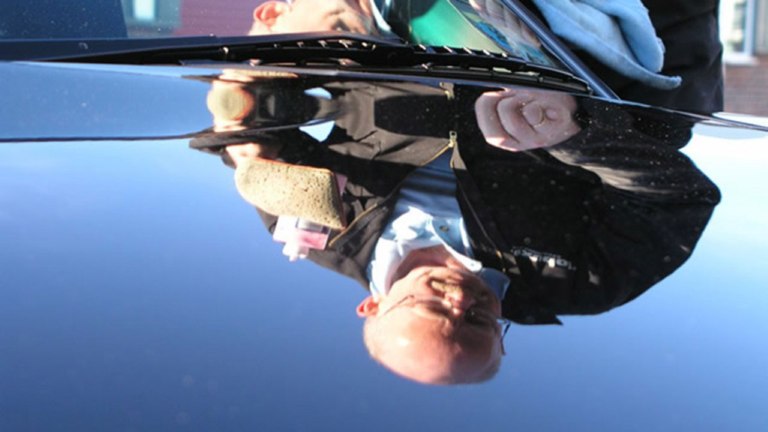
Share this blog